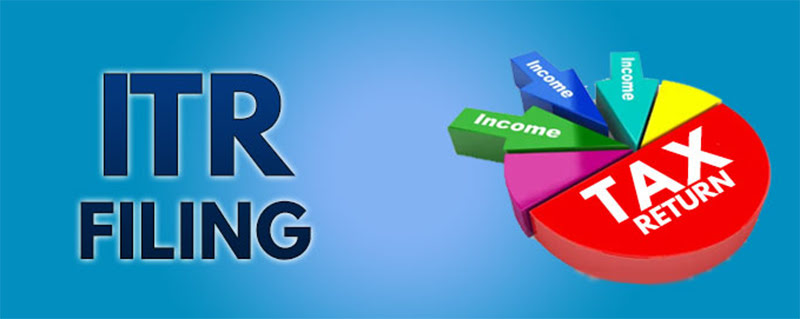The cutoff time to file income tax return (ITR) for FY 2023-24 (AY 2024-25) is July 31, 2024. This cutoff time is appropriate to citizens whose records are not expected to be inspected – like salaried people, certain independently employed experts, etc. The ITR forms were made available by the income tax department at the beginning of the fiscal year to allow for sufficient time for filing. Notwithstanding, numerous salaried people can’t begin the ITR recording process due to non-accessibility of significant TDS declarations, for example, Structure 16 and Structure 16A.
ITR Filing 2024
Just three weeks remain until the Income Tax Return (ITR) filing deadline for the fiscal year 2023-24 (assessment year 2024-25). It is essential for people who have paid more tax than they should have for the year to keep in mind that they are eligible for an Income Tax refund when they submit the ITR form. It is imperative that while certain citizens have proactively finished the recording system, others are emphatically encouraged to fulfill the time constraint. After the accommodation of the ITR structure, the Income Tax Department will direct the essential handling, following which a suggestion notice will be shipped off the citizens as affirmation.
Also Check:-
What is The ITR?
The declaration form that taxpayers use to provide the income tax (I-T) department with information about their income, expenses, and any other pertinent financial data for a specific fiscal year is called an income tax return. Recording an ITR permits the public authority to survey your duty risk and guarantee that you have uncovered your profit and paid the right measure of expenses.
What is The ITR Filing Date
The due date for filing federal tax returns is the IT returns recording last date without causing a late charge or additional charge. Citizens who document their profits after the due date should cause interest and a duty under segments 234A and 234F. All citizens really should remember the cutoff time for filing their income tax returns. The taxpayer determines the due date. For instance, salaried entities are typically required to submit their income tax returns by July 31st, whereas audit-subject corporations can submit their returns by September 31st of the assessment year.
Consequences of Missed Income Tax Return Due Date
If someone misses the deadline to file an ITR for FY 2023–2024, the following penalties and fees may apply:
- There will be a fine of Rs 1,000 to Rs 5,000 imposed.
- The taxpayers will not be able to carry forward certain losses for set-off in the future as a result of the condition of belated filing.
- In the event that somebody records a late ITR, he/she can not settle on the new expense system.
- Section 234A stipulates that if a tax return is filed after the deadline, interest of one percent per month or part of a month will be charged on the unpaid tax amount.
Also Check:-
Bigg Boss OTT 3 Voting This Week
Avoid Penalties & Interest
If you miss the deadline, you could be subject to tax penalties and interest. According to Suresh Surana, a practicing chartered accountant, “Taxpayer would be liable to pay simple interest under Section 234A of the I-T (Income-tax) Act at the rate of 1% for every month or part of a month, beginning from the date immediately following the due date, i.e., July 31, to the actual date of furnishing the return; or in case no return has been furnished.”
Avoid Late-Filing Fee
In the event that you document the return after the due date, you won’t just need to pay extra interest on due charges yet additionally a late recording expense. “Citizen would be moreover obligated to pay late expenses of Rs 5,000 under Segment 234F assuming the return is outfitted after the due date determined under Area 139(1). Be that as it may, in the event that the all out pay of the individual doesn’t surpass Rs 5 lakh, then such late documenting expense will be confined to Rs 1,000,” said Surana.
Timely Refunds
You may have received income from multiple sources throughout the fiscal year, and the payer may have deducted tax at the source as required by tax laws. Notwithstanding, on the off chance that you are qualified for a duty discount, documenting early guarantees that you get it quickly.
Also Check:-
Chief Ministers of States and UTs in India
No Carry-Forward of Losses
One more essential highlight recollect is that assuming you miss the cutoff time to record your ITR, you will be unable to convey forward misfortunes (for example, caused at a bargain of stocks or common asset units) to future years. All in all, on the off chance that you record a late or refreshed return, you won’t be permitted to take forward misfortunes for set-away against pay in resulting years.
Final Words
Every Indian taxpayer is responsible for filing income tax returns (ITR). The cycle starts with choosing the fitting ITR structure, which changes relying upon your pay sources, private status, and other monetary specifics. Selecting the appropriate form facilitates accurate income reporting and ensures compliance with tax regulations. Taxpayers can use this article as a guide to effectively navigate the selection process.
